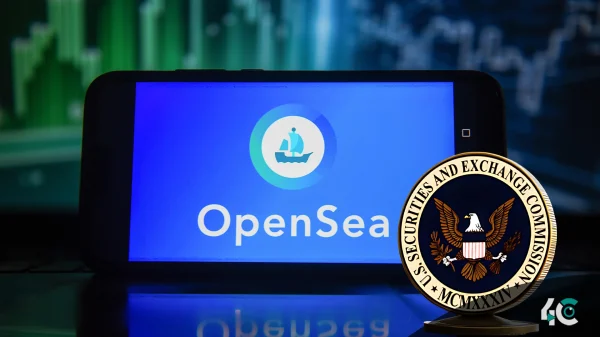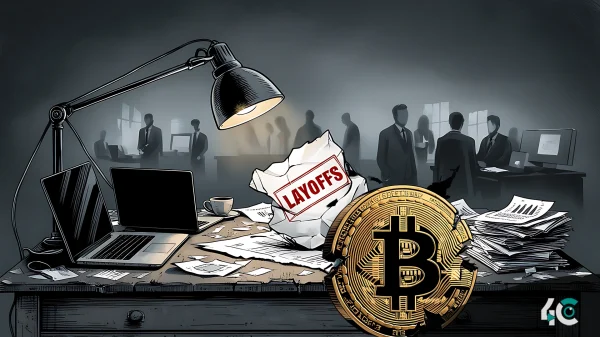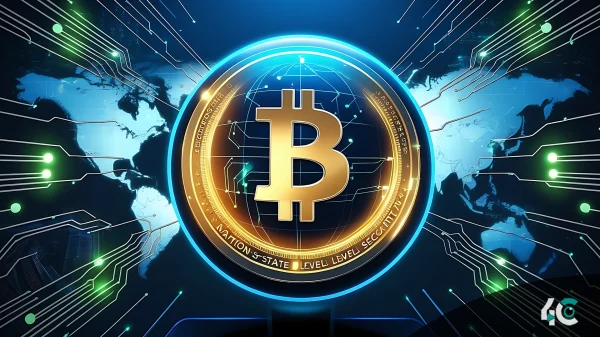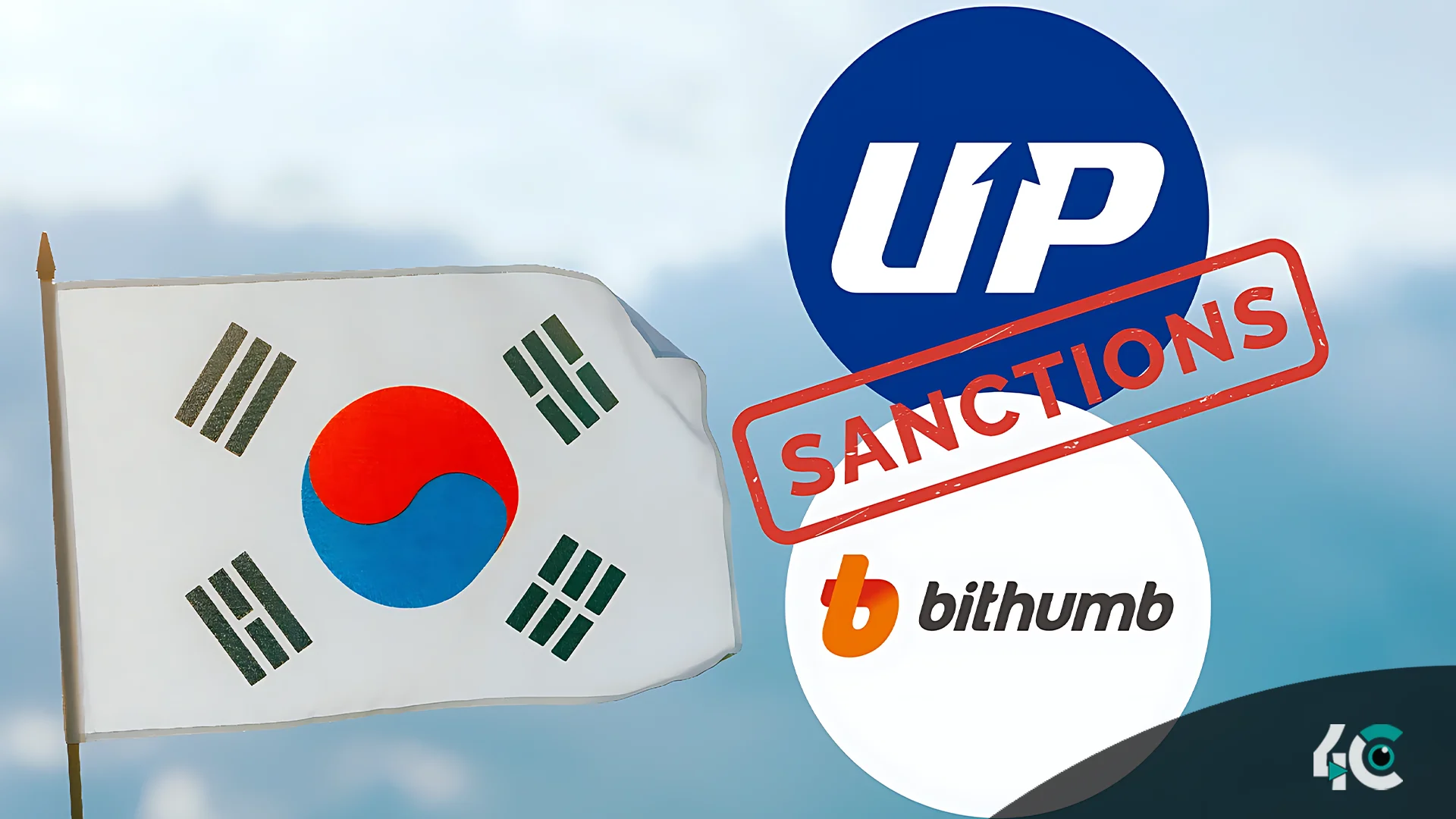On December 3, 2024, South Korean President Yoon Suk Yeol imposed martial law due to increasing political tensions. The statement sparked fear in financial markets, especially the cryptocurrency sector. As investors hurried to manage their portfolios, the surge in activity swamped major cryptocurrency exchanges, causing massive service outages.
Upbit, which regularly serves roughly 100,000 concurrent users, experienced a traffic increase of 1.1 million users. Similarly, Bithumb and Coinone reported spikes of over 500,000 users. This rapid surge created server overloads, forcing Upbit to be offline for 99 minutes, while Bithumb and Coinone were down for 62 and 40 minutes, respectively.
The failures came at a critical time, when Bitcoin’s price in South Korea fell by 32%, exacerbating investor concerns. Thousands of consumers experienced difficulties in accessing their accounts or making trades, causing widespread irritation and significant financial losses.
In response, Upbit and Bithumb have launched compensation measures for the impacted users. Upbit will pay 3.14 billion won (about $2.1 million) to 596 impacted investors, while Bithumb would pay 377.5 million won (about $262,000) in 124 cases. These payouts are the largest ever given by bitcoin exchanges in South Korea, and they may climb if conversations with investors continue.
This tragedy has spurred South Korean financial authorities to strengthen regulatory monitoring and better prepare exchanges for future crises. Since December 20, 2024, on-site inspections have resumed, with a focus on disaster readiness. Exchanges are under pressure to boost their server capacity, transition to cloud-based solutions, and enhance their crisis management strategies.
The Financial Supervisory Service (FSS) is actively monitoring these developments to ensure that user complaints, including compensation standards, are addressed appropriately.
The aggressive response of Upbit and Bithumb has established a new standard for accountability in the bitcoin industry. By paying consumers and committing to infrastructure improvements, these exchanges hope to restore trust and resilience in South Korea’s cryptocurrency sector.
This program emphasizes the crucial need for strong infrastructure and transparency in handling unanticipated market problems; hence, increasing investor trust in the changing crypto sector.
















































